Wake Up Light,
Philips
Author & Model
Naomi Shimada is a multi-platform storyteller, model and TV presenter who is fast becoming the voice of a generation. Half Japanese, she has lived extensively in New York, Tokyo, London, and Andalucia, all of which have given her a unique perspective on the world. Naomi’s candid and frank depiction of her experience as a model into the broader fashion industry has meant she has become a prolific voice in the body positivity movement. And this Semaine, together with Bumble we celebrate just that: positivity and confidence in body and mind and who better to do that with than Naomi.
Try it for yourself. Take your phone. Open Instagram. Try not to be distracted by your own feed. Find Naomi Shimada’s page. And, breathe. No overly staged mise-en-scène, no chi-chi; Her feed radiates positivity, it is not just pretty but it’s fun, colorful and most of all, genuine. As a self-proclaimed ‘global citizen,’ Naomi has been profiled by several prestigious media platforms including Refinery29, the BBC, The Guardian, Vogue, and i-D. She has graced the cover of The Observer magazine and discussed fashion’s prejudices towards plus-size models with acclaimed writer Eva Wiseman.
Naomi started her modeling career at the young age of thirteen years old; she admits making herself miserable by trying to keep her weight down. “I tried everything – every diet, every exercise. I did that lemon-cayenne ‘not eating for two weeks’ thing, telling everybody I was detoxing, but obviously, I was just trying to be thin,” she explained in a brutally honest column in the Guardian. “But I refuse to make myself small. I wanted to take up space” she tells us. She took a break before starting to model ‘Plus size’ at the age of twenty-two, even though she feels like this term doesn’t really apply. Her work champions diversity in the fashion world, so it doesn’t become a trend, “not just a token thing.”
Naomi doesn’t take any posture; candid and self-deprecating, she has a relatable style and an aspirational approach to her career. She has always been socially engaged and actively works to shed light on social causes close to her heart even though she explains becoming political “by accident.” She addresses the issue of inclusion in the fashion industry by being unapologetically herself and it resonating in people’s life. She doesn’t pretend it’s an easy job to build self-confidence but explains that it is a journey that requires compassion and love.Enter the bold and vibrant Semaine of Naomi Shimada, where we discuss how multiculturalism helps her navigate the world, her relation to social media and why it’s important to keep secrets.
Semaine: You’ve described yourself as a model/activist/documentary filmmaker/professional loud mouth/passionate debater/party girl?
Naomi: Oh god, I would describe myself as a curious person in the world, I wouldn’t describe myself as an activist if anything. I am more of an advocate. I feel like activism is very misused, with all the “#activism” going on in our society. I feel like I am above all a humanist.
Semaine: How do you think your nomadic childhood shaped your perspective on the world?
Naomi: I think my childhood has definitely influenced my perspective in terms of how I think and stand in cultural complexities and being more open-minded. Just being able to look at a situation, often I feel more forgiving towards situations as sometimes I think it is often due to a lack of education or a lack of experience. I feel like that has given me an ability to navigate the world with an open mind.
Semaine: Japan, Spain, USA, the UK… do you think that they have a different perspective on woman’s body?
Naomi: Only you can let yourself be yourself, and we have to be the ones who dictate how we feel about things – but culturally that changes in each circumstance. A lot of the messaging in our societies is the same, “smaller and thinner is better”. Only it is kind of, to my knowledge, the general messaging from the media is to shame women when they are not fulfilling the expectations of what these messages are driving home to us. It really reminds me that only I actually have the power to decide how I feel about that, and I have to retain that because if you listen to all the other voices you will just end up bogged down.
Semaine: What do you think of the term plus-size?
Naomi: I definitely don’t partake in plus size anymore, but I was confused and frustrated between these two extremes. Each one edge of the spectrum that I did not belong to, and I couldn’t believe it I really felt like all of it was a lie.
Semaine: What are your favourite brands championing diversity right now?
Naomi: I’d say Fenty, both in cosmetics and in booking. They just book cool girls who have their own vibe, that are unapologetic about how they look and their existence. It’s not about putting them in a box – it’s looking at personalities and I think that is done very well. I wish there were more examples to give.
I have seen a shift in the industry, as I only shoot for main brands now, which wasn’t a thing in the industry before – so there is definitely a big change, but there needs to be more. There are only a handful of brands who have committed to change more than just the one time. In order to normalize it, I think it is important to talk about how we can push this topic of conversation, but not as a ‘normality’ so it is just ticking a box.
I think brands should be asking questions about how they want people to be represented, because a lot of the time they get it wrong. At the moment “diversity” is the buzzword – so they are trying to get it “right” but there is a massive recruitment problem in fashion. I don’t think it is just about diversifying your campaigns but it is also about diversifying your staff. So, if you have a policy for what your campaign should look like, I think that is something you need to look at internally as well.
Semaine: I liked what you said about the Nike campaign, that the change of wording was important. Not “oh summer body” but rather “It’s good for your head.”
Naomi: Yes, it is all about reprogramming how we have been mis-sold exercise and fitness, not just in terms of weight but as a tool for keeping us balanced.
Semaine: You’ve said that you became political without meaning to become political – that it was accidental. Can you tell us more about that?
Naomi: Just by my existence in the public eye and refusing to conform to the boxes I was supposed to fit into. These premeditated, pre-existing boxes I was supposed to fit into, whether it was commercial or white, especially my side of the industry which has only assumed a role recently. In the past girls who were bigger than a size ten were only used for catalogues, and those catalogues that were made for women, 50 and over. Just dressing how I wanted to be, expressing myself how I wanted to be and just being who I wanted to be was somehow an act of resistance. Girls like me were supposed to make ourselves disappear or dress in clothes that hide our body, and I was suddenly put on a platform just because I refused to disappear.
Semaine: I’ve read that you learned to accept your body because of your love for hip-hop culture.
Naomi: In some ways, I feel like it still has its own problems; it is quite problematic as well – but definitely looking in terms of the way it was a place where not being white or thin was celebrated.
Semaine: Does dance also help? Is that the way you wind down?
Naomi: I feel like it’s a tool for release and it reconnects you to your body in a way, especially as lots of us have become so disconnected because of things like technology and our busy lives. Lot’s of us don’t stop to reconnect with our bodies and actually see how much they do for us. It’s definitely a tool that I use to look after my mental health and the endorphin release is really powerful for me and as well I think it’s just fun, and it’s so important to do things that we find fun.
Semaine: We’ve also read you practice meditation.
Naomi: I’ve meditated for probably five years now. Every day is like a different experience. We often feel like our minds are so busy but even just giving yourself 20 minutes to just try and do something for yourself, or however long, to just try and do something for yourself. It’s still making a difference. Even if we feel like it doesn’t.
Semaine: How would you sum your style up in three words?
Naomi: I’d say it’s colourful, energetic and fun.
Semaine: Were you always so colourful and expressive in the way you dress?
Naomi: I think so, I think I have been for a number of years, but I think it started as an extension of what I was doing and the kinds of jobs I was doing. I’ve always been really into fashion and clothes, my parents were in fashion too. So I feel like dressing was a real form of expression for us and what we wanted to say to the world and I guess for me, what I wanted to say was that I refuse to make myself small. That I wanted to take up space. I’ve always been drawn to colour and I started using colour as an extension of how I express myself. I feel like a lot of the time, fashion is so limiting. All these tribes of people who wear black, people who only wear designers and I felt like colour was a nice way to cut through that. It’s such a powerful tool in the way that it changes how people react to you and it just became my thing over time.
Semaine: Can you explain what confidence means to you?
Naomi: I think confidence is something that we choose ourselves. I don’t think it’s something that you’re born with. It’s a tool that we learn. Sometimes we lack confidence because we look at it as a possession. We tell ourselves that there’s not a lot that we can do with ourselves, that we’re stuck with the confidence levels that we were born with, but it’s not true, it’s a skill. It’s something that we train. For me, I think confidence came from figuring out what I cared about and allowing myself to be myself and then being like well, “you can’t go wrong because you’re just being yourself” and if that’s not going well, then that’s not the avenue for you. Spaces that you don’t fit into, you don’t fit into them for a reason and I feel like that made me relax more into it, and that’s what I found liberating, I guess that’s what gives me, what on the outside looks like confidence.
Semaine: What advice would you give your younger self about confidence?
Naomi: I still give myself advice all the time, as me. I think people have a misconception and I think people look at me and other people who may be in the public eye and don’t look underneath it all. I still need advice all the time and haven’t got it figured out. I think that’s what I’d say not just to a younger version of myself, but to the version of myself today and tomorrow – to everyone – is that no one has it figured out. Everyday’s a learning curve and everyday we need to be kind to ourselves. Have no expectations, the bigger things get and the more things that happen, you tend to have more expectations and these things satisfy you less. I think that’s something that all of us can relate to and we can have this idea of what we want to do with our lives the dreams we have, and when you get there, it often doesn’t feel like you think it’s going to feel. People you love disappointing you, we just have to exist and be… Have fun while we can and not be too hard on ourselves! Having control, or thinking you have some kind of control on your life, is a facade. None of us really have control. This is something we all battle with everyday.
Semaine: You had mentioned before that you spent two years living out of a suitcase, and you spent a lot of your childhood moving between different continents what does ‘home’ now mean to you?
Naomi: It means where my best friends are, all the people I care about. Somewhere that I can get a good night’s sleep. I feel lucky to have many home, but right now my base is in London most of my stuff is here and my family is here.
Semaine: How do you think New York and London differ?
Naomi: I think there’s definitely a commercially creative aspect to London that New York doesn’t have. I feel like in New York you have to pick, whether you want to make money or you want to be creative, but I feel like in London there’s definitely more of a middle ground. I think, though, that the internet is also equalising that. I think they’re different geographically too. Because of New York’s size there’s more of a walking culture and I feel like you never know what’s going to happen when you leave the house.
Semaine: How do you use social media to promote positivity and express yourself?
Naomi: I don’t think I’m ever setting out to promote anything. I started using social media as a tool for fun a long time ago and it’s just evolved into something else, and I think if anything, I just try to stay me and make my feed something that I enjoy seeing and something that I feel like expresses the things that I’m into and the colours of my life. It’s really hard because it’s a blessing and a curse. There’s positives and negatives and if used well and responsibly as a tool to create community and connect which is so powerful, but I do also understand how it is a main source of anxiety for some people.
It’s this comparison lifestyle in a way that we’ve never had before that we’re now seeing thousand and thousands of images, unsolicited, per day that we don’t even understand what we’re taking in, and it’s so new that nobody knows the full effect it’s having on us. I feel like learning how to use it in a way that feels good to you is important, and if it doesn’t feel good, take a break from it. I think it’s hard because a lot of us need it for work and we’re all just trying to find that middle ground.
Semaine: You said once that it’s a place where you can control your own image and identity, as a model this must be interesting as you can portray your strong personality.
Naomi: Normally we just have to go to work and be the version of ourselves that the client wants us to be. I feel it’s a way that we can express ourselves in a way that’s under our control. We can look how we want to look, we can wear what we want to wear, we can talk about what we want to talk about an use our voices.
Semaine: You’re in the midst of a lot of projects, do you approach each project in the same way?
Naomi: Yes, thematically, a lot of them are about humanity and what are the things that we all struggle with. So many of us are going through very similar situations, but we only find that out if we stop to talk to each other! A lot of the things I’m working on are in progress. They’re about unearthing shame, and the complexities of our identities, things that bring us together as women and mixed identities, migration… Those are the overall themes.
Semaine: Do you feel like these are subjects that aren’t well talked about in the media or there’s a voice not being heard?
Naomi: I think it’s not just not the right voices being heard, it’s also people not asking the right questions. I don’t think the big brands and gatekeepers are looking out for the quieter voices because I do think that there’s never been a time where more interesting work had been created alongside this messaging, but I think as well the gatekeepers – especially as diversity is the theme of the year – they need to talk to people about how they normalise it in an ethical way. Of how to represent people in a genuine, progressive and authentic way. I think as well everything comes down to people in positions of power who have the capability of allowing people to discuss their stories.
Semaine: Is there a meaning behind your tattoos?
Naomi: They’re all different, they’re all little reminders of things or words that are all dear to me. Things that I love or things that I need to remind myself of. I actually don’t know how many I have right now!
Semaine: We’ve also read somewhere that you have a Google map with all of the best places you’ve ever eaten in the world. Will you ever share this with the rest of the world?
Naomi: It’s funny because I’m in two minds about it. I feel like I don’t want those spaces to change, and also some of the people running them don’t want them to change. With the mass gentrification and globalisation of the world, we have a social responsibility to keep some things secret, but I definitely do share some things and I do like to keep some things secret! It’s like finding a happy medium!
You know what the world needs? It needs a lot more of Naomi Shimada. Passez une bonne Semaine.
By Marie Winckler for Semaine.
Photography by Alice Rosati.
Growing up across multiple continents, Naomi has fully experienced life in many different cultures and cities. So you better pack your bags, as Naomi is sending you on a round the world trip. Here is a selection of places, across the continents, that she thinks you must visit and below you’ll even find a selection of travel essentials that are perfect for your trip.
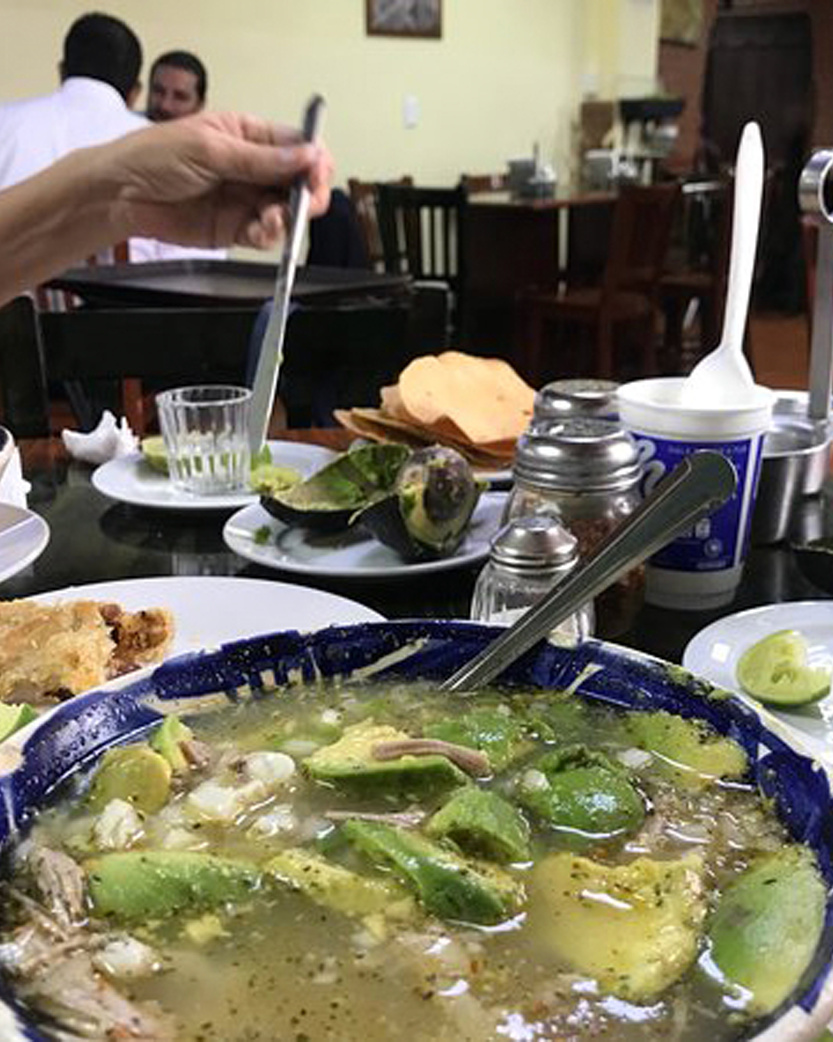
"Pozole is a heart warming Mexican soup, a delicious broth made with the most soul-nourishing ingredients, when I get to Mexico City my first stop is always Pozole De Moctezuma for the perfect bowl."
Moctezuma 12 Guerrero Cuauhtémoc 06300 Ciudad de México,
Mexico
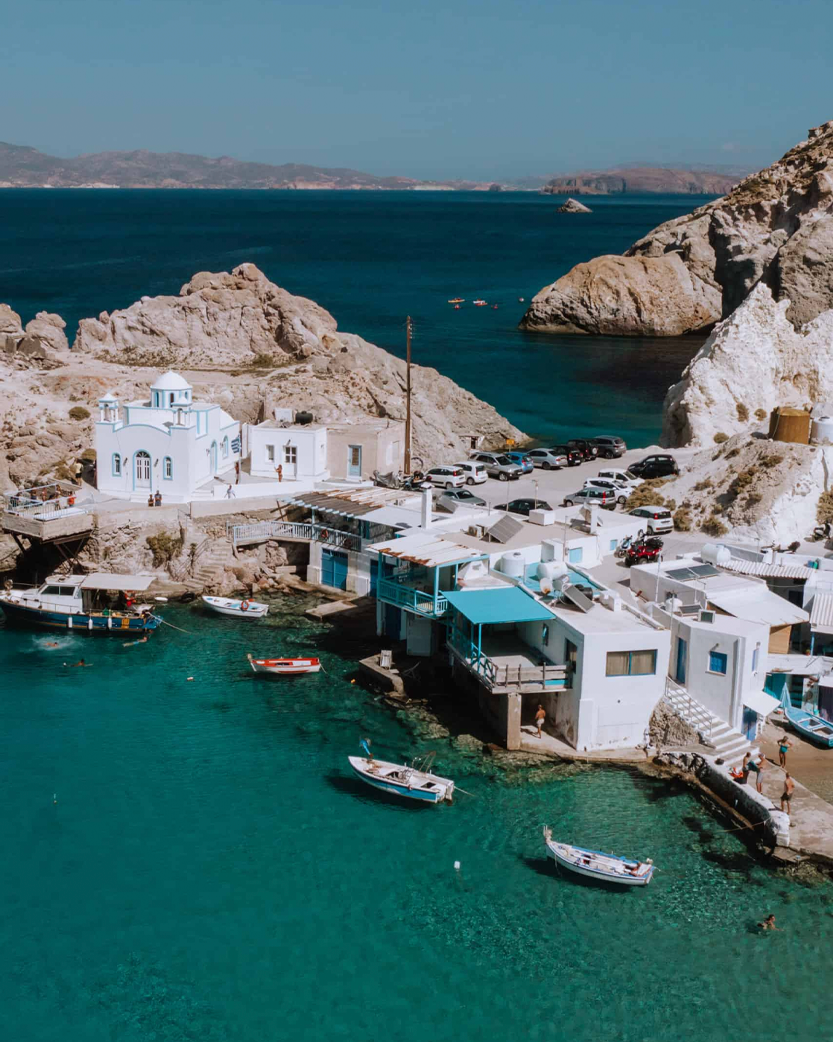
"Wow, the sheer array of beaches here, what a magical place. Sarakinikko beach is the closest thing to going to the moon! Sign the petition to repatriate the Venus de Milo with their people!"
,
Greece
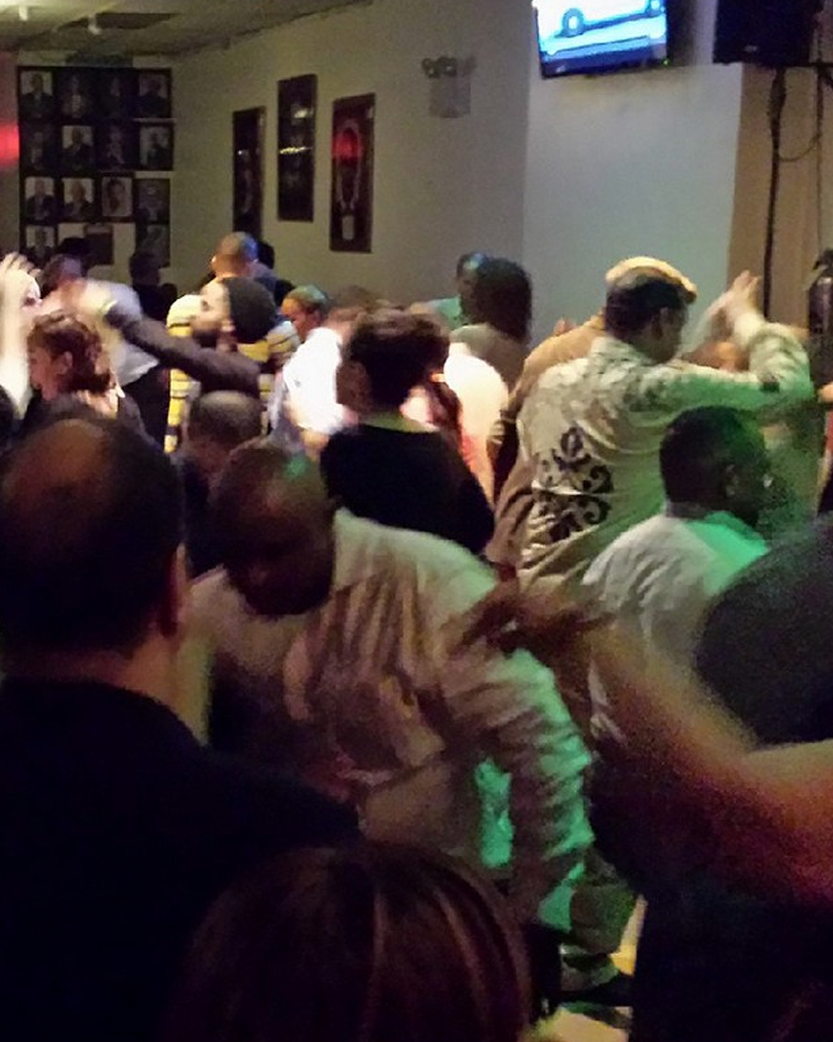
"Stepping into all these different constellations in NY where you enter different portals to these planets is really the most magical thing about NYC. El Deportivo dance club in Washington Heights is an old school bachata club that has my heart! Wow, sweaty summer nights in NYC here will be engrained in my memory forever!"
Washington Heights, New York,
Usa
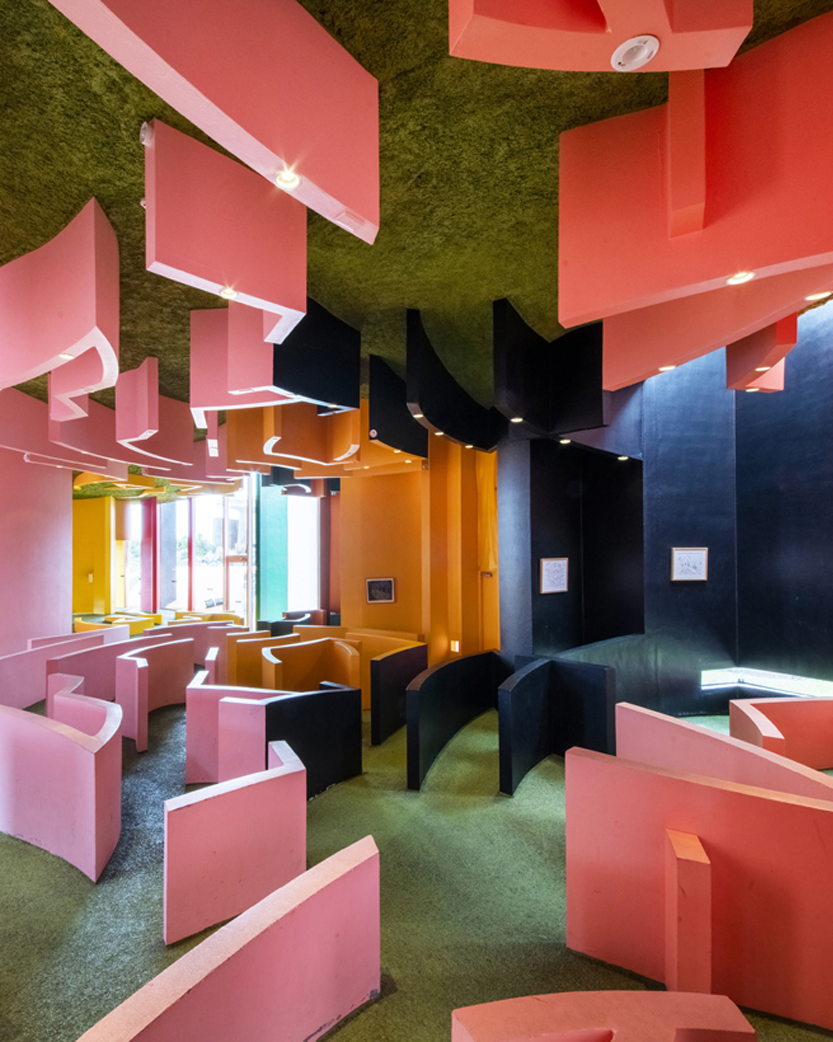
"The Site of Reversible Destiny in Yoro is an “experience park”, opened in 1995 and designed by Nagoya-born, New York-based artist Arakawa Shusaku and his wife and artistic partner, poet Madeline Gins. The whole park is about experiencing the unexpected, it is the trippiest place I’ve ever been to, my brain was never the same! It’s a mission to get there but it was so worth it."
Yoro Gifu,
Japan
Flip through the pages that shaped Naomi Shimada’s vibrant worldview.
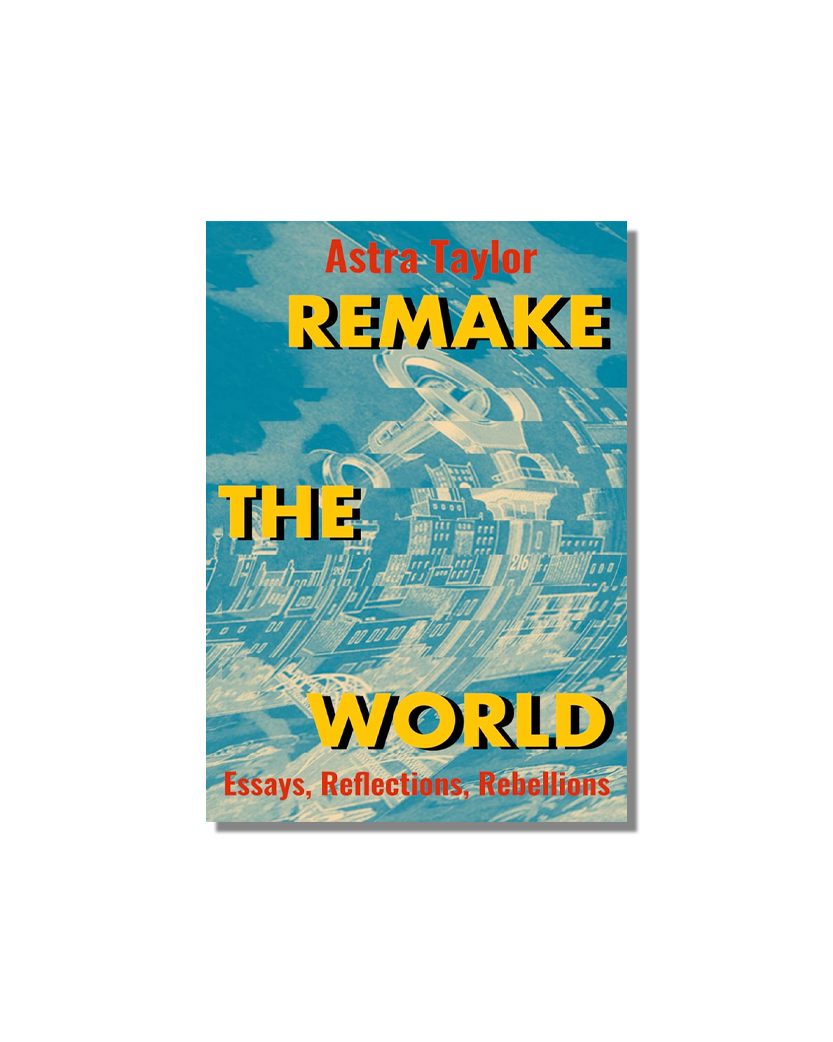
£14.99
We are living in turbulent times, the daily news cycle is enough for any of us to lose hope. Astra’s work and writing style invigorates and invites you into being part of the revolution today.
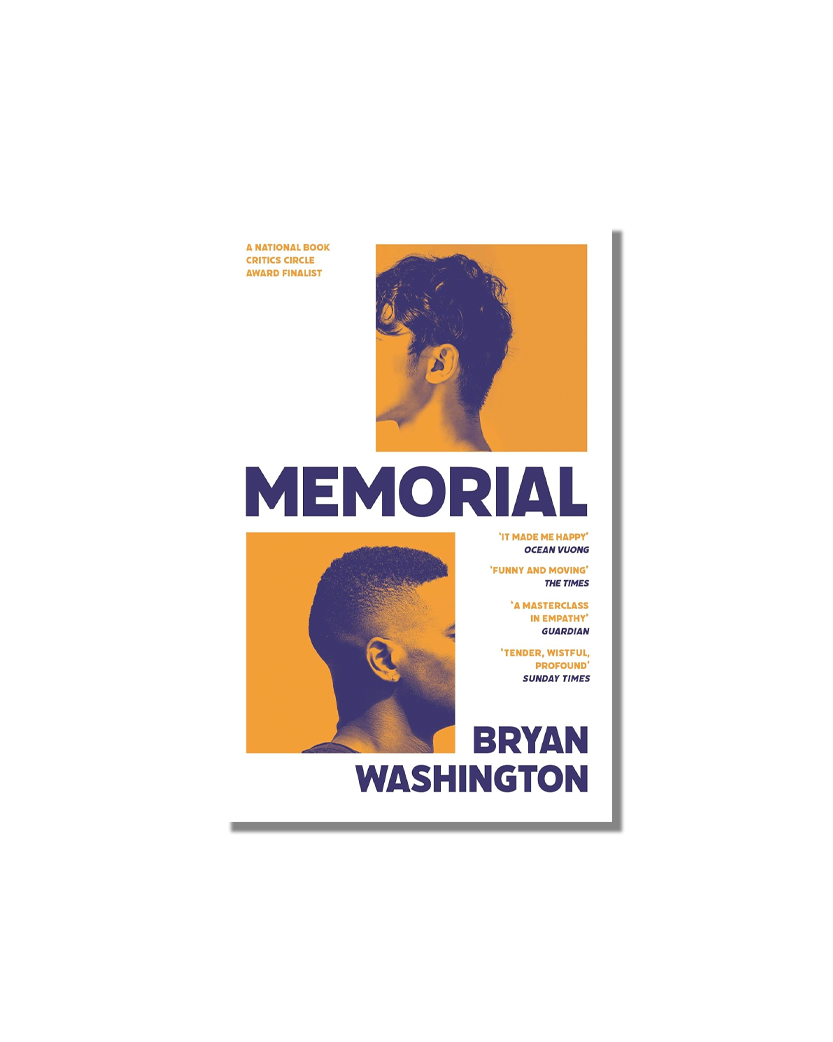
£9.99
A tender debut novel by Bryan Washington that looks at the lives and relationships of two queer men of colour in against the backdrop of Osaka and Houston Texas.
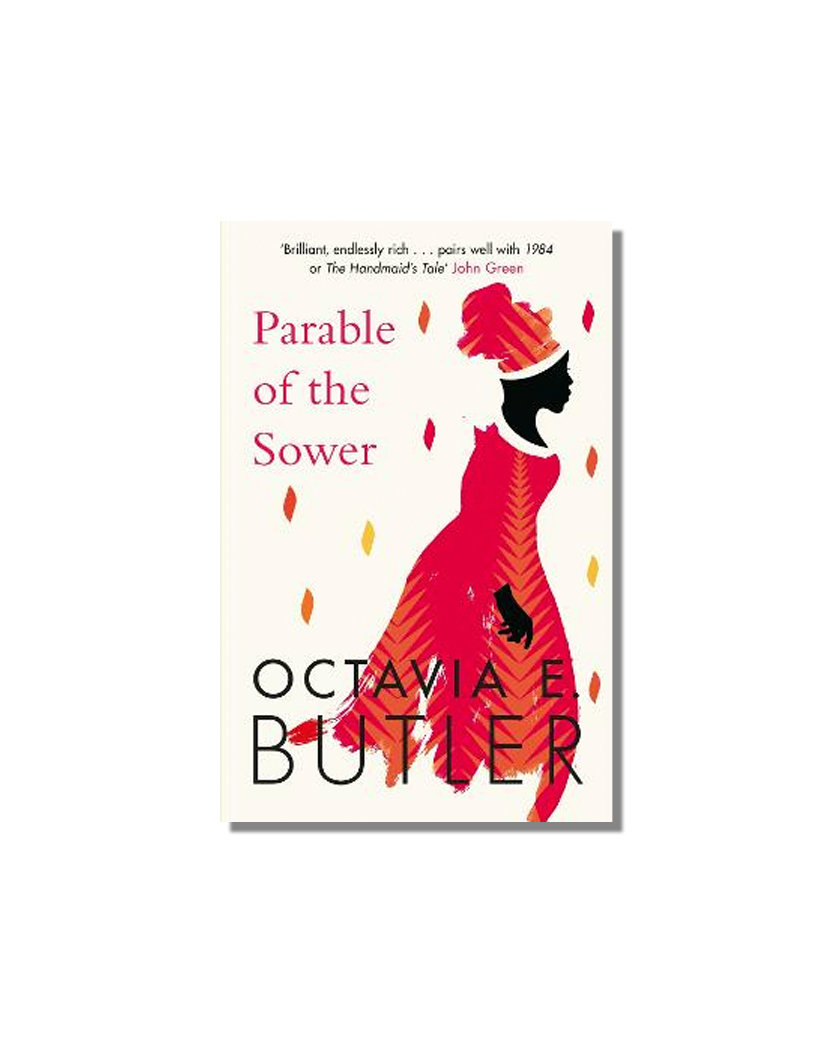
£10.99
Parable of the Sower Octavia Butler is often spoken of as an Oracle and after reading this book you’ll understand why. The book written in the 1980s takes place in the 2020s and so much of her predictions eerily came true or you know they are a going to in the distant reality. This book is her warning to us all and if only we knew what was good for us we would listen.
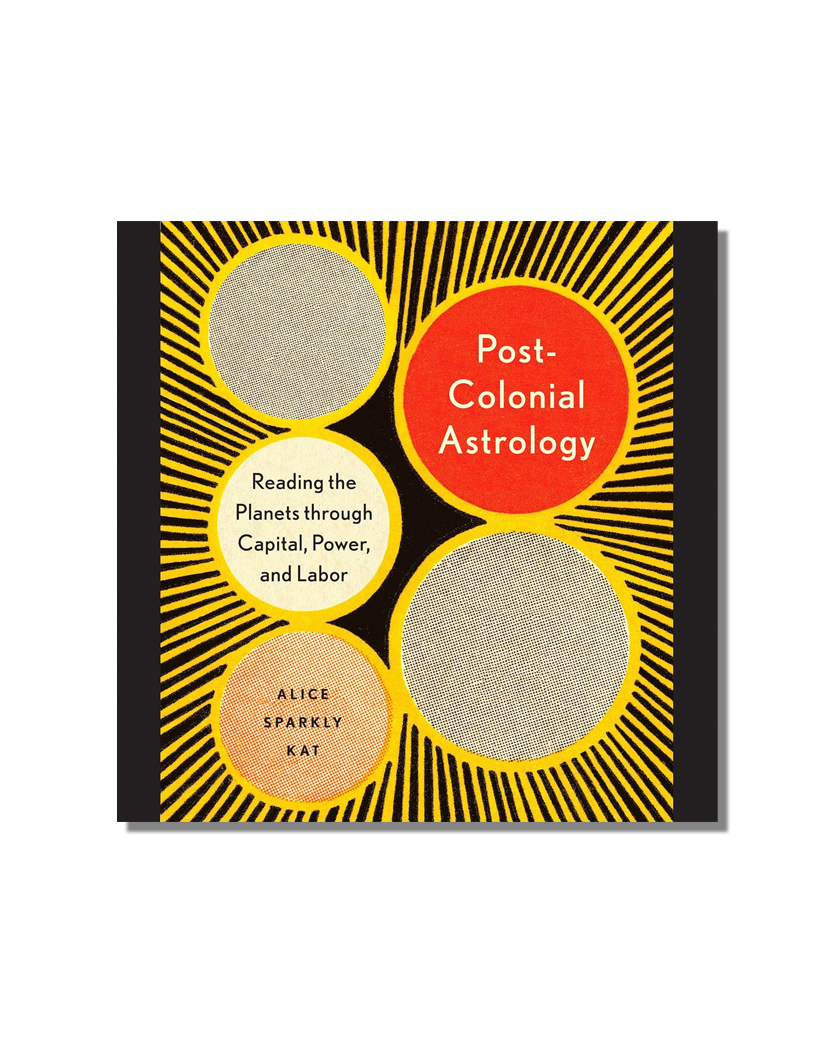
£13.19
This book was eye opening in so many ways and shows us how to use astrology to understand and disrupt white supremacy and tap into the political power of magic and astrology to create deep and lasting change.
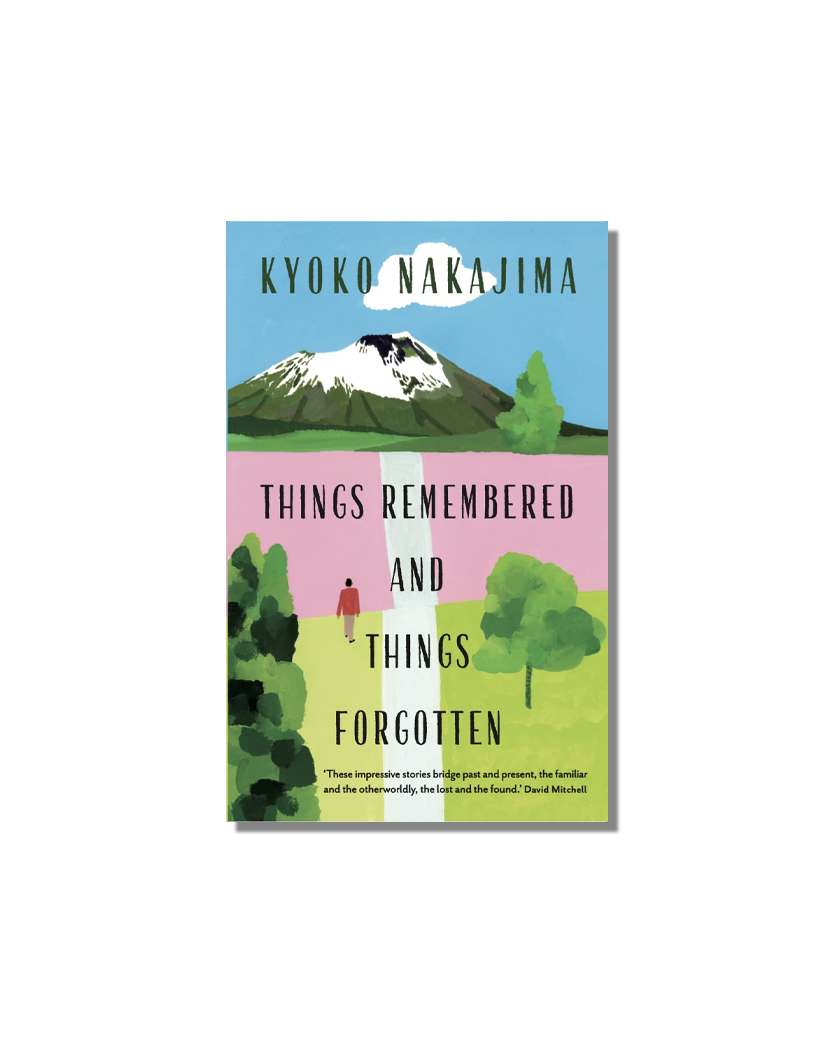
£7.22
This perfect book of short stories of fiction is never going to leave my side. Kyoko writes beautifully about all the absolute nuances big and small of cultural aspects of Japan. Her stories, many of them based in Tokyo, remind me of my childhood: things that happened, people I knew. Her stories often take place in the neighbourhood I grew up in and every single one of them left me dumbfounded.
Possibly the most spiritually enlightening digital digest out there, this selection isn’t one your soul wants to miss.
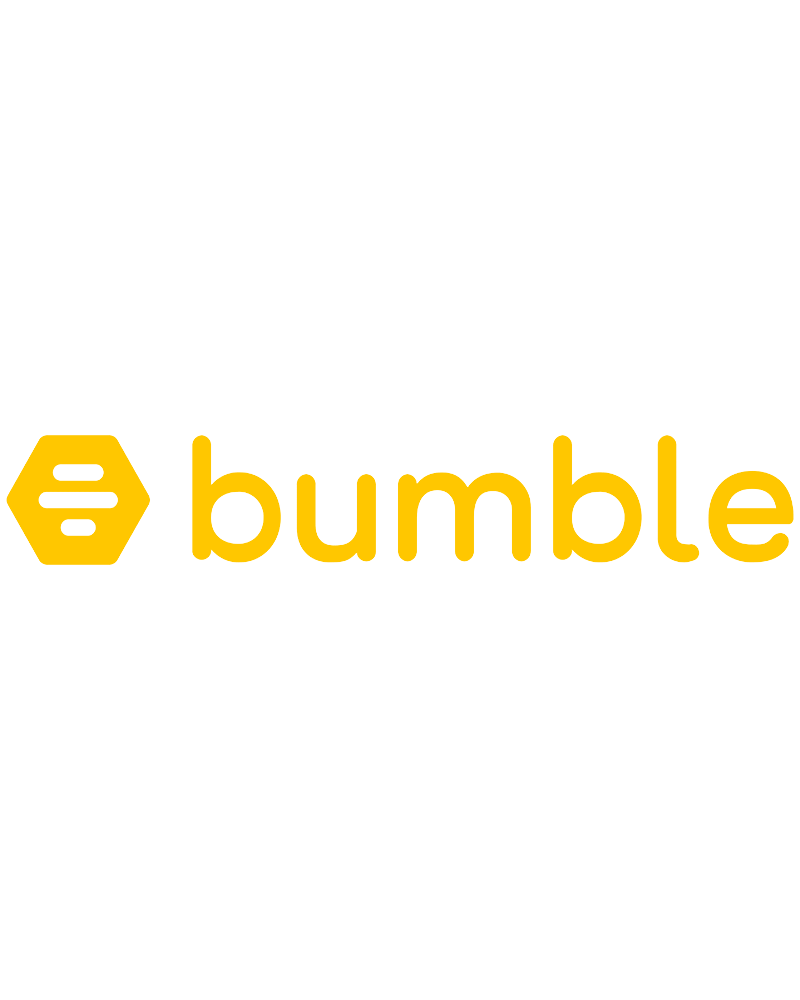
Online dating culture has changed a lot, which is why Bumble is on hand not just for romantic dates, but for friends too.
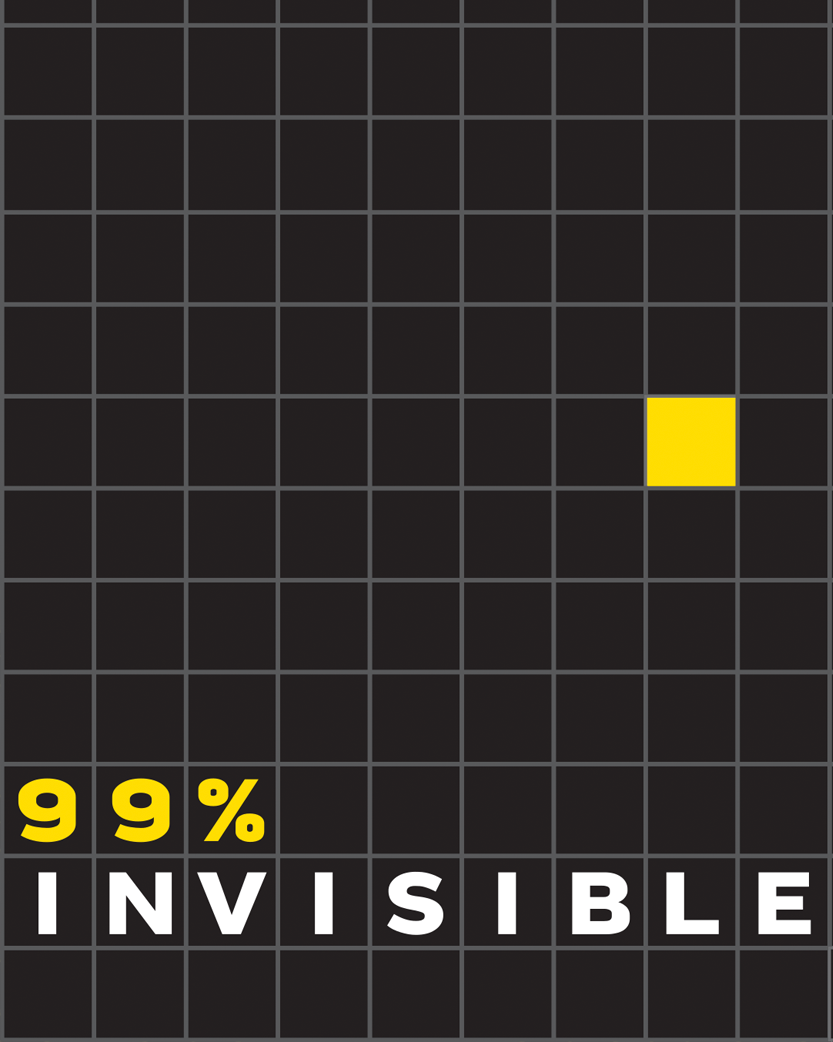
99% Invisible is a weekly exploration of the process and power of design and architecture, making it clear how important design is in every aspect of what we do.
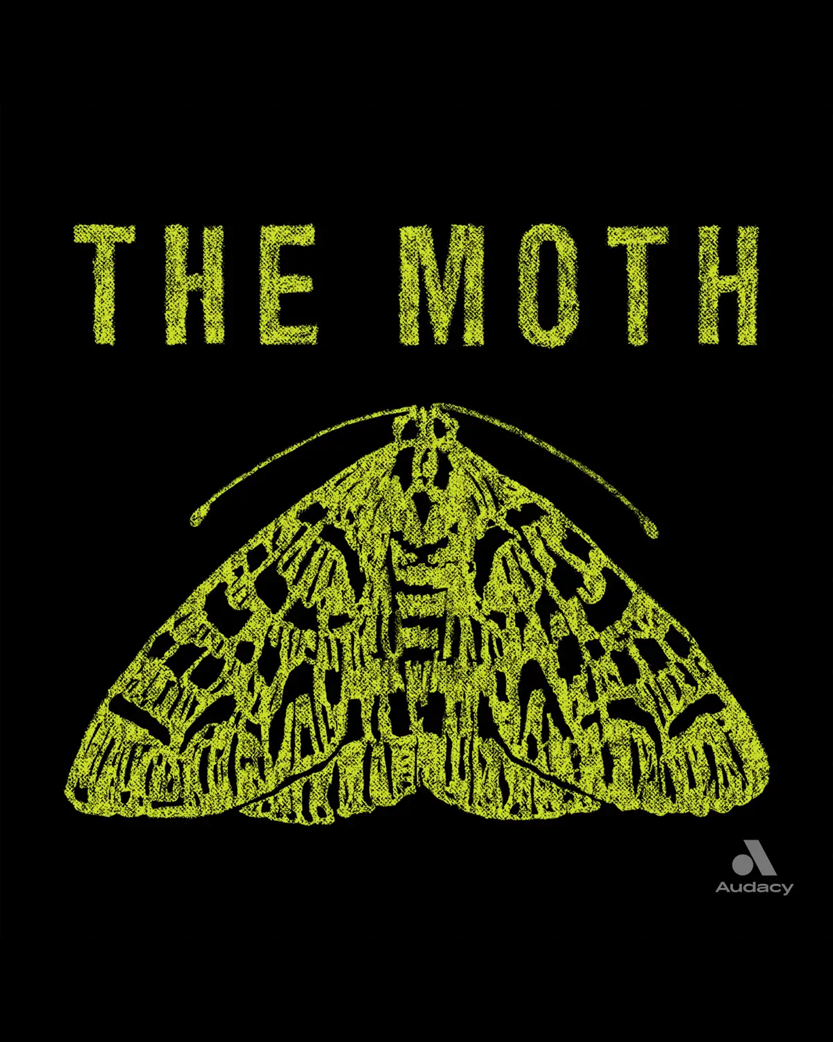
The Moth's mission is to promote the art and craft of storytelling; to honour and celebrate the diversity and commonality of human experience.

This app is the perfect companion for night time moments when you just want to embrace the outdoors and learn a little more.

Become a member today to enjoy all our Tastemakers address recommendations on our interactive travel guide world map!
SUBSCRIBE NOW